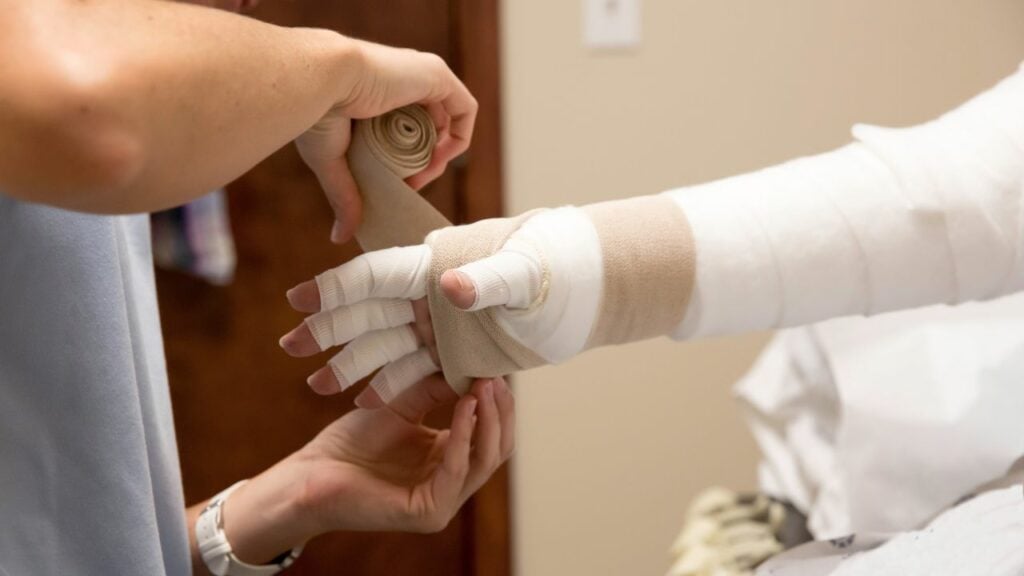Book Your BACK NECK SHOULDER KNEE ELBOW HIP WRIST FOOT Pain Consult
This appointment is your opportunity to tell us what hurts and discover whether physiotherapy or chiropractic care is a good fit for you! During this session, you will talk with a physiotherapist or chiropractor on a phone call (or online) and create the right care plan specifically for your pain. There is no obligation on this session is to find out whether physiotherapy or chiropractic care can help you getting back to doing the things you love in life.


